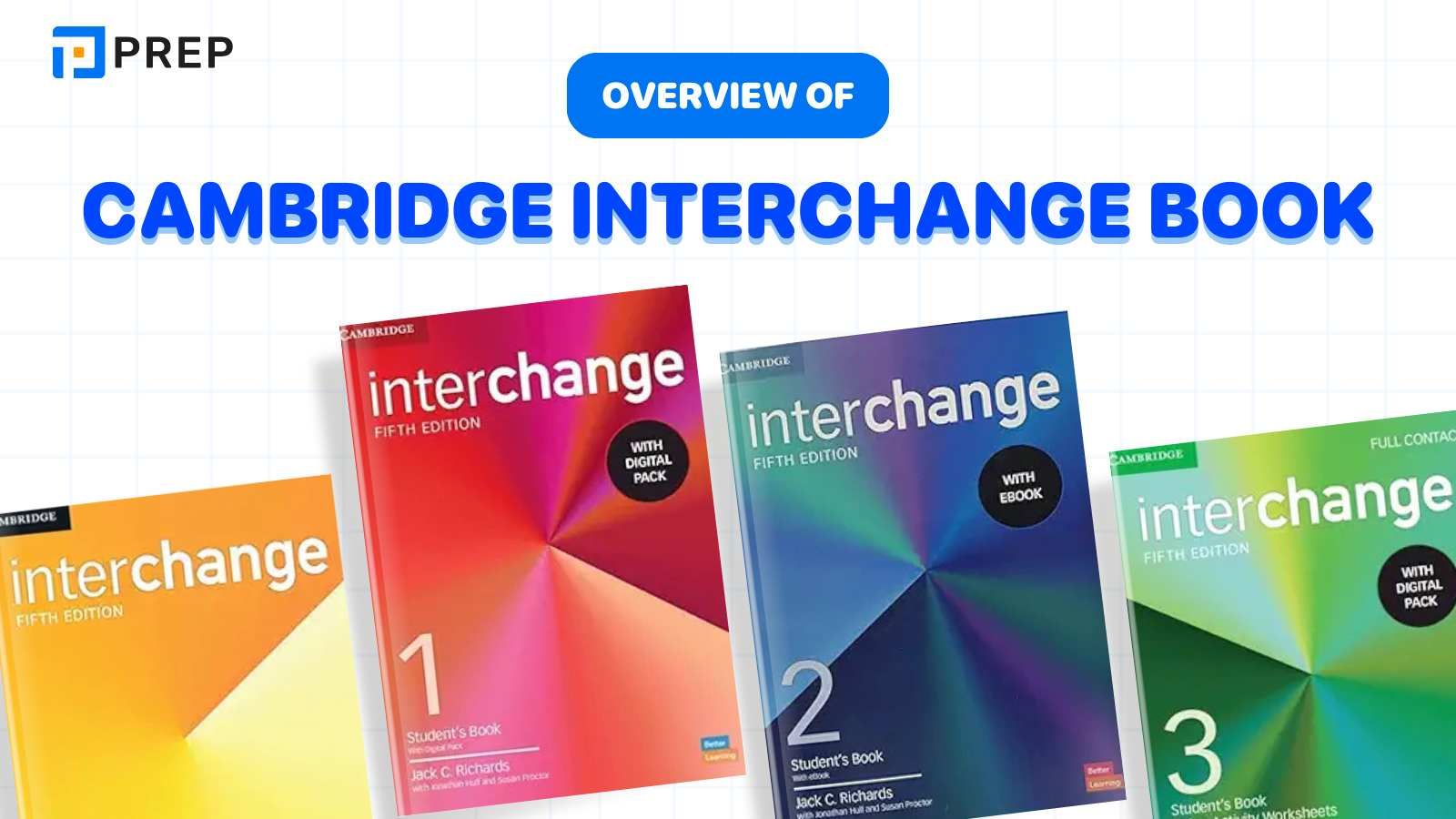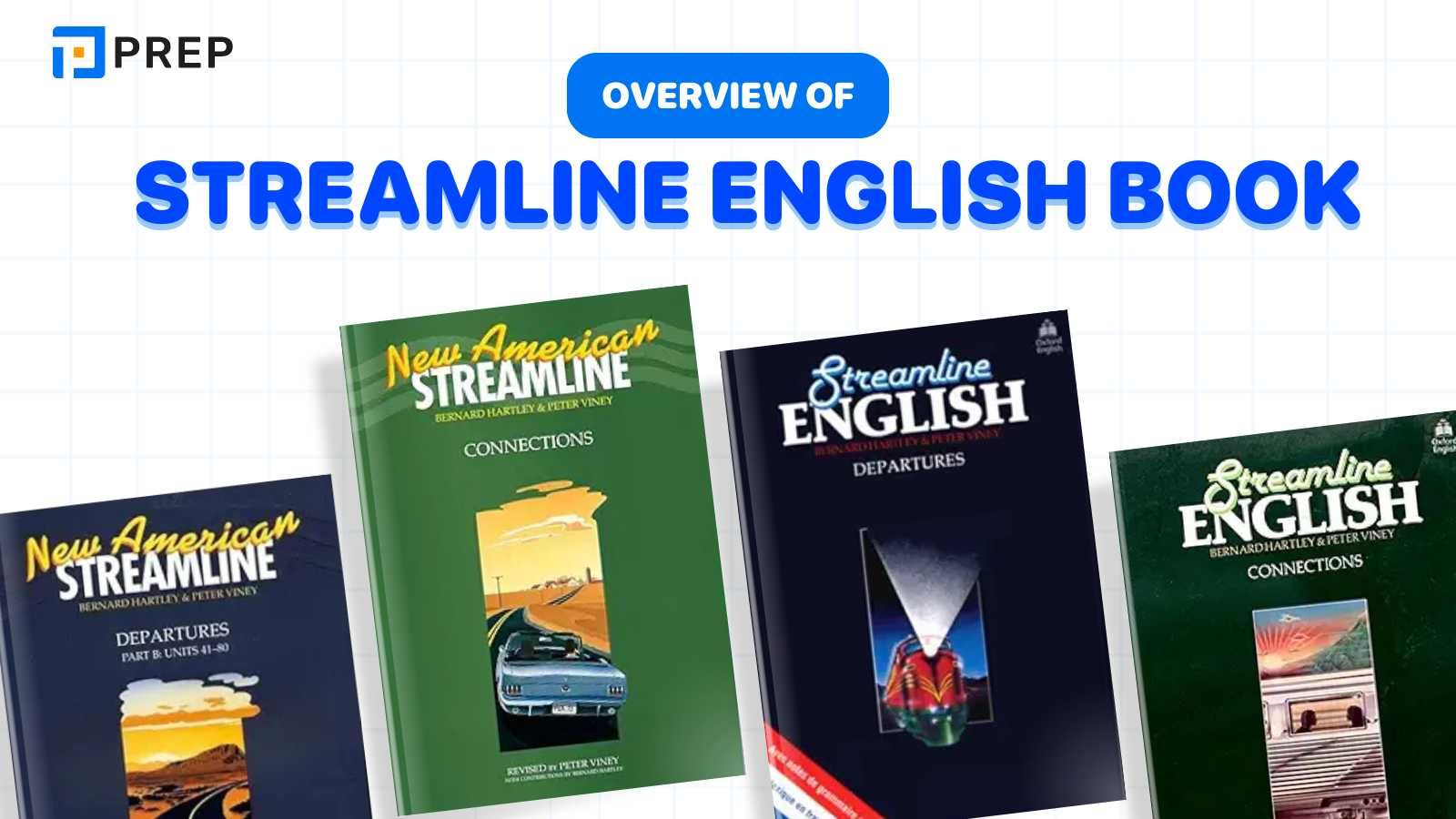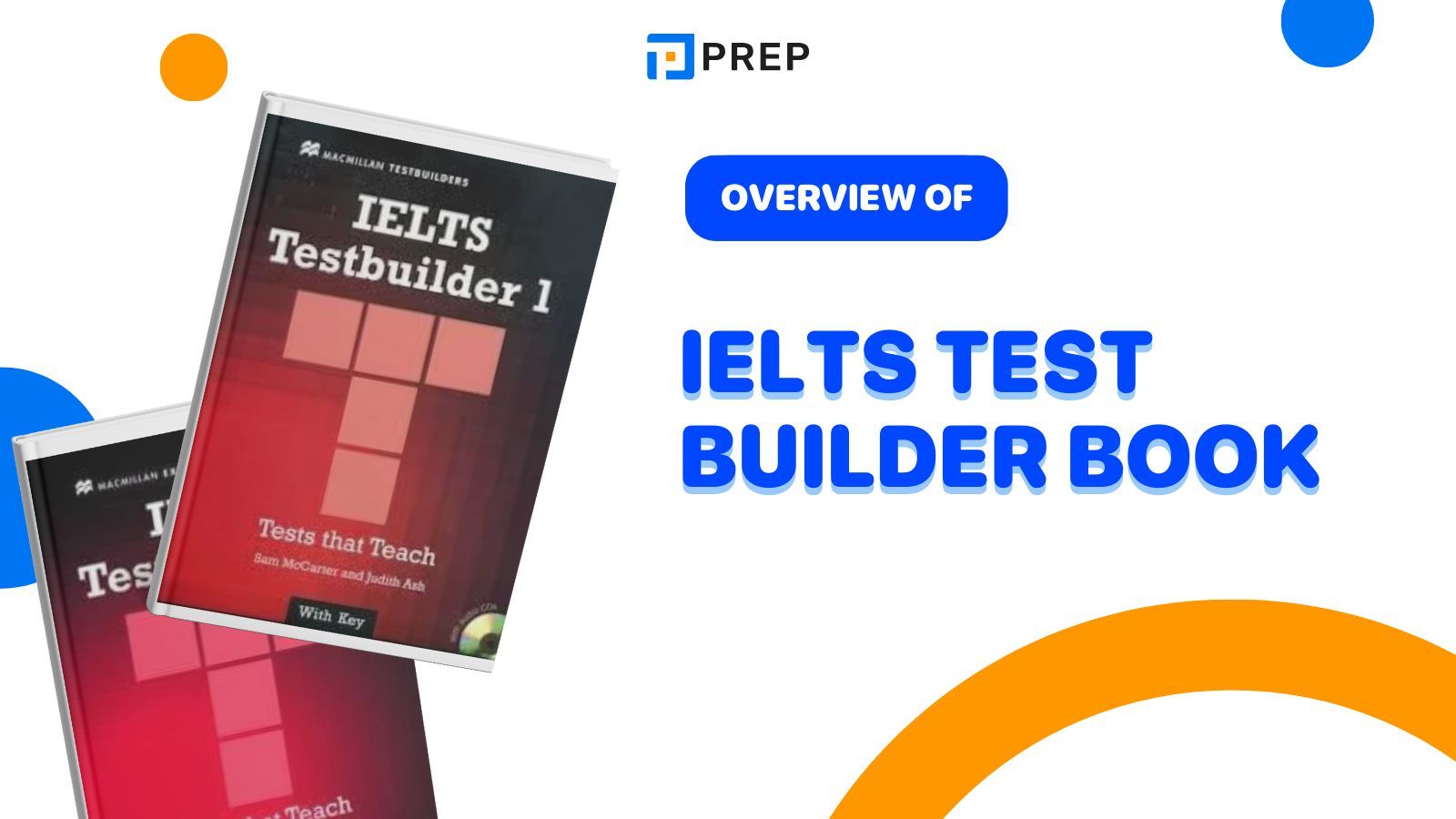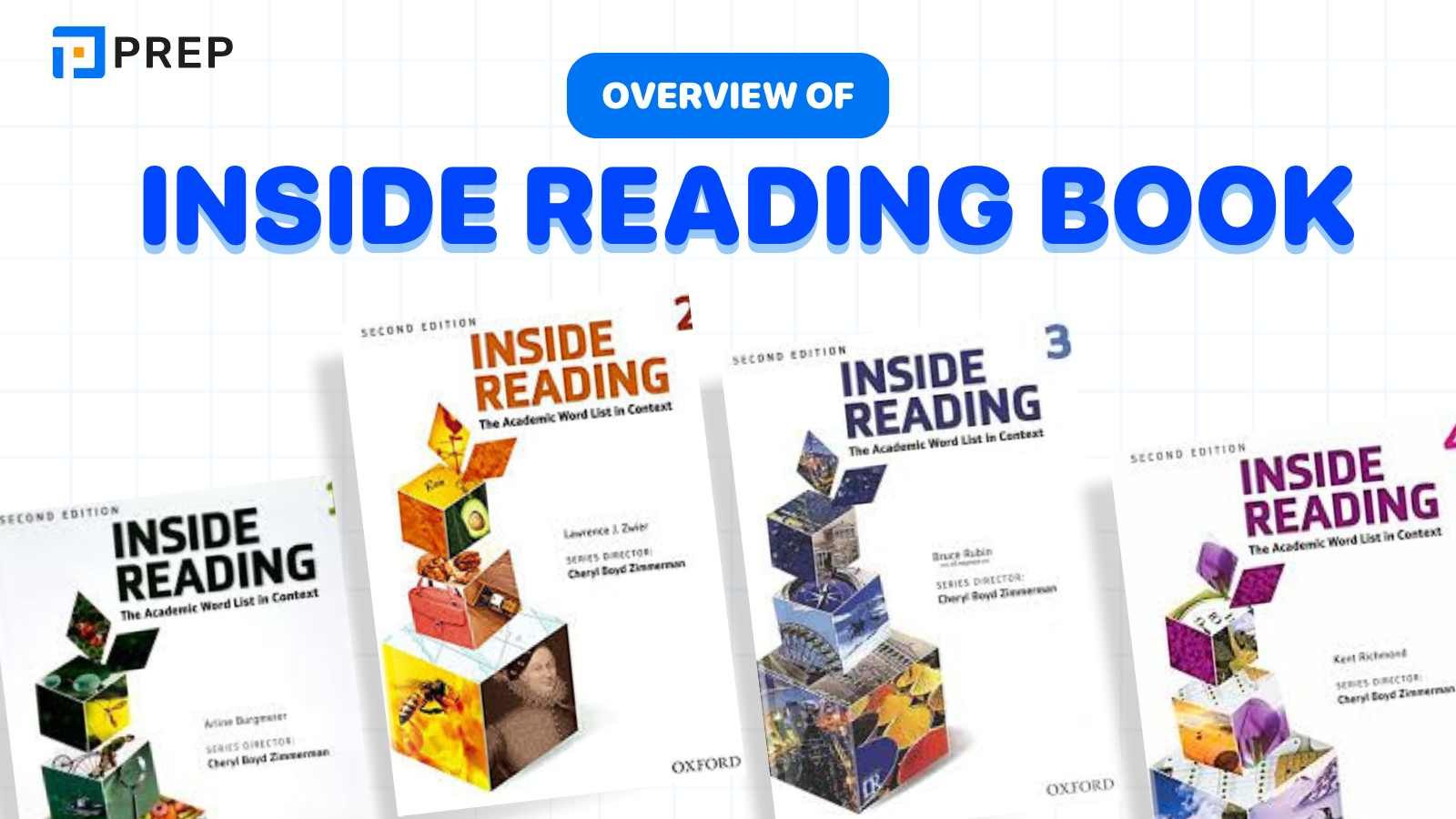Search blog
The differences about grammar between Band 6 and Band 7 in IELTS Writing
IELTS Writing is often considered a challenging skill among all the skills tested in the IELTS exam. In order to achieve a high score in the Writing section, it is crucial to have a clear understanding of the specific scoring criteria. One of these criteria is grammar. So, do you know the differences about grammar between Band 6 and Band 7 in IELTS Writing? Let's explore this topic further to gain a better understanding of the grammar criteria in IELTS Writing.

I. Grammar criteria for Band 6 and Band 7 in IELTS Writing
According to the official score descriptors for the Writing skill, the grammar criteria for Band 6 and Band 7 in IELTS Writing are described as follows:
Band | Grammatical range and Accuracy of Band 6 and Band 7 in IELTS Writing |
Band 7 |
|
Band 6 |
|
In terms of the description, we can see that there are two main factors used to evaluate the Grammar score of an essay: the range of structures used and the level of accuracy. Specifically:
- In Band 6, the writer is able to use a combination of simple and complex sentences, although the variety and frequency of complex sentences may be limited. The essay may contain some grammatical and punctuation errors, although these errors do not significantly affect comprehension. Some common grammar errors found in Band 6 essays include article errors, verb tense errors, and punctuation mistakes.
- In Band 7, there is a greater use of complex structures, including compound sentences and the use of relative clauses. A Band 7 essay demonstrates better control of grammar, with fewer grammatical errors and a higher number of error-free sentences. It is important to note that the phrase "greater use of complex structures" does not mean that using more complex sentences or longer sentences automatically leads to a higher score.

II. 5 types of grammar for Band 6 and Band 7 in IELTS Writing
Here are 5 types of grammar that are highly useful for achieving Band 6 and Band 7 in IELTS Writing:
1. Relative clauses
Relative clauses are a crucial grammar point for Band 6 and Band 7 in IELTS Writing. Let's delve deeper into relative clauses with the following information:
1.1. What are relative clauses?
- Relative clauses (adjective clauses) function as adjectives, providing additional information about a noun and appearing right after the noun. Relative clauses prevent repetition of information.
- When used correctly and flexibly in IELTS Writing, relative clauses help express ideas concisely and improve the Grammar score.

1.2. How many types of relative clauses are there?
There are two types:
- Relative clauses that modify nouns or noun phrases, including defining and non-defining relative clauses.
- Relative clauses that modify whole sentences or clauses.
1.3. Defining relative clauses
- Defining relative clauses provide essential information about the subject mentioned and immediately follow the noun they modify.
- They are often used with relative pronouns such as who, that, which, whose, and whom.
For example:
In terms of their career, young people who decide to find work, rather than continue their studies, may progress more quickly.
In this essay, I am going to address the contributing factors to job satisfaction which are in terms of working hours, salaries and graduates.
On the other hand, there are at least as many celebrities whose accomplishments make them excellent role models for young people.
By joining a club, people can make friends and feel part of a group with whom they can share a common interest and leisure time.
It is known that humans are responsible for a variety of environmental problems, but we can also take steps to minimize the damages that we are causing to the planet.
Some important notes about defining relative clauses:
- Relative pronouns can modify the subject or the object of the verb.
- When the relative pronoun is the object, it can be omitted.
- No comma is used in defining relative clauses.
- When the relative pronoun is the subject of the relative clause, personal pronouns or nouns are not used in the relative clause because the subject is the same.
1.4. Non-defining relative clauses
- Non-defining relative clauses provide additional information about the subject, which may not be essential information.
- They usually accompany relative pronouns such as who, which, whose, and whom. The relative pronoun "that" is NOT used.
- When using non-defining relative clauses, commas are used.
For example:
As the human population increases,we are also producing ever greater quantities of waste, which contaminates the earth and pollutes rivers and oceans.
Doing this can only lead to resentment amongst young people, who would feel that they were being used, and parents, who would not want to be told how to raise their children.
2. Inversion structure
Inversion structure is an important grammar topic for achieving Band 6 and Band 7 in IELTS Writing.
Inversion structure involves reversing the normal word order in a sentence, most commonly the subject and the verb or auxiliary verb, in order to emphasize an event or entity mentioned in the sentence.
Inversion structure has a formal tone and can be used in academic writing for IELTS Writing. Using inverted sentences can increase grammatical variety in a candidate's writing, which is one of the factors that can help achieve a higher grammar score.
However, this is a complex and difficult sentence structure that is more suitable for candidates with a writing band score of 7 or higher.

Some commonly used inversion structures in IELTS Writing are:
2.1. Not only … but also: Not only + auxiliary verb + subject + verb 1, but subject + verb 2 also.
For example:
Doing community service not only helps offenders understand the seriousness of their illegal actions but also benefits the locals in many ways.
Inverted sentence: Not only does community service help offenders understand the seriousness of their illegal actions, but it also benefits the locals in many ways.
2.2. Inverted form of conditional sentences
The most commonly used conditional sentence type in Writing is the first conditional sentence with an inverted structure as follows: If clause => Should + subject + verb.
For example:
If each house in an area is built in a unique style, it will greatly contribute to the diverse image of the town.
Inverted sentence: Should each house in an area be built in a unique style, it will greatly contribute to the diverse image of the town.
3. Conditional sentences
Conditional sentences are also a grammar topic for Band 6 and Band 7 in IELTS Writing that you need to pay attention to.
A conditional sentence consists of two clauses, including an if clause that presents a hypothesis about a situation, and a result clause indicating the outcome of that situation.

The hypothesis can be possible or impossible, so there are various conditional sentence structures used, such as:
| Type 1: Real conditional sentences in the present | Type 2: Unreal conditional sentences in the present | Type 3: Unreal conditional sentences in the past |
| If + S + V (simple present), S + will/shall/can, etc. + verb (infinitive) | If + S + V (simple past), S + would/should/could, etc. + verb (infinitive) | If + S + had + V (past participle), S + would/should/could, etc. + V (past participle) |
Example: An example of this is that a Japanese waiter in a local restaurant may feel dishonored if an American tourist leaves him a tip, a widespread and well-appreciated practice in the US and other countries | Example: If such programmes were held, mutual cultural understanding between the locals and the visitors would be strengthened, and the problem of cultural differences could be mitigated. | Example: If history had been prioritized as a school subject, this brain-drain phenomenon may not have occurred. Because in that case, these scientists would have felt more compelled to remain in their homeland and contribute to society |
4. Participle clauses
In addition to the basic grammar topics mentioned above, participle clauses are a crucial grammar component for achieving Band 6 and Band 7 in IELTS Writing.
4.1. What are participle clauses?
Participle clauses are a type of dependent clause formed primarily from the participle form of a verb, including the present participle form (-ing), past participle form (-ed), or perfect participle form (having + past participle).
We often use participle clauses when we want to connect two clauses with the same subject (and ensure that the information in the participle clause is directly related to the subject in the main clause), in order to convey the sentence content concisely.

Participle clauses do not have specific tenses; they depend on the tense of the main clause.
Participle clauses are often separated from the main clause by commas and can be placed at the beginning, in the middle, or at the end of the sentence.
This is an advanced grammar structure for Band 6+ and is commonly used in academic writing such as the IELTS exam.
4.2. Classifying participle clauses and their applications
Present participle | Past participle | Perfect participle | |
Role |
|
|
|
Example |
|
|
|
5. Noun clauses
The final grammar topic for Band 6 and Band 7 in IELTS Writing is noun clauses. So, what does a noun clause consist of? Let's take a look at the content below!
5.1. What are noun clauses?
Noun clauses function as a noun in a sentence, and a sentence containing a noun clause is considered a complex sentence. Therefore, this is an advanced grammar topic suitable for Band 6+.

5.2. Roles of noun clauses in a sentence
Some common roles of noun clauses in a sentence are:
- Noun clauses as subjects
- Noun clauses as objects
Noun clauses often begin with: Whether, relative pronouns (that, which, who, whom, whose, etc.), subordinating conjunctions (how, when, whenever, etc.), or question words (where, what, why, how, etc.), followed by a clause with a complete subject and verb.
Noun clauses as subjects | Noun clauses as objects | |
Note |
|
|
Example |
|
|
The above are the differences about grammar between Band 6 and Band 7 in IELTS Writing and five crucial grammar topics that you need to pay attention to in order to achieve a high Writing band score. Through these English grammar topics, PREP wishes you diligent IELTS preparation and excellent results!

Comment
Search blog
Register for a learning roadmap consultation
Please leave your information, and Prep will contact you for consultation right away!


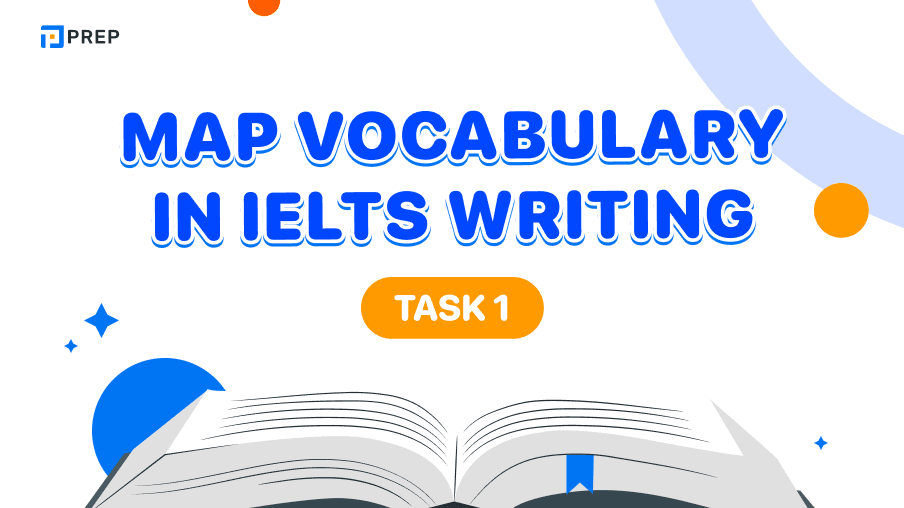
![[SAMPLE SPEAKING] IELTS Speaking Part 1: Advertisement](https://cms-static-assets.prepcdn.com/uploads/ielts_speaking_part_1_advertisement_0fed324a86.png)

